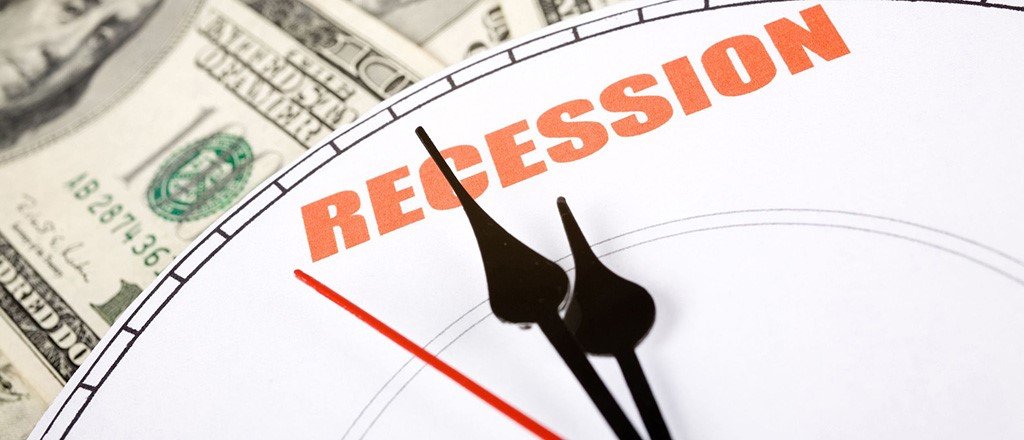
A report by the Central Bank of Nigeria that the manufacturing sector contracted for the second consecutive month in April illustrates the fact that the economy is on the edge of the precipice. The CBN said the deflation was driven by a decrease in production, employment levels in manufacturing, and supplier delivery. As revenues decline, debt and servicing mount and the oil market remains turbulent, the Federal Government needs to act more creatively to avert another recession.
The CBN report accords with another dire forecast by the Lagos Chamber of Commerce and Industry. The group warns that unless urgent actions are taken, the country’s economy may take a decidedly worse turn. The President, Major General Muhammadu Buhari (retd.), must shift from his somnolent mode to a proactive, positive gear.
Figures released by the CBN said high-frequency indicators, including the manufacturing Purchasing Managers Index and the Manufacturers Association of Nigeria’s CEO Confidence Index suggest that 2022 Q2 growth may fall below that of Q1. According to the report, the PMI contracted at 48.9 index points in April 2022, from 49.10 index points the previous month. With the economy groaning under a huge debt overhang, double digit inflation, and insecurity compounded by poverty, the misery index among Nigerians is now at an all-time high.
Empirical findings indicate that high unemployment rate, domestic capital formation, foreign direct investment, government spending on education and security are negatively affected by the growing level of insecurity and consequently, retarded growth in the long and short run. With the government displaying an embarrassing cluelessness in containing insecurity, investors have redirected to countries with lower risk. This has in turn reduced investment returns and the capacity to attract foreign direct and sustainable portfolio investments.
The activities of terrorists, bandits and other criminal elements holding sway across the country have created economic risks and uncertainties that distort the equilibrium resource allocation within the country. This has stifled growth by increasing the cost of doing business through higher wages, higher insurance premiums and increased security expenditures. These higher costs result in lower profits and, subsequently, a lower return on investment.
The attacks on power, telecoms, petroleum, and gas infrastructure, among others, cause business disruptions. A 2021 report by the Institute of Economics and Peace said as much as 8.0 per cent of Nigeria’s GDP or $132.59 billion is being negatively impacted by the growing violence around the country. Instructively, this has raised military expenditure, internal security expenditure, private security, small arms imports, and other variables that contribute to GDP losses. Food imports and prices of food have increased as farmers have abandoned their farms due to security concerns.
The LCCI Quarterly Economic Outlook notes the devastation unleashed on the economy by the combined forces of rising inflation, weakening growth, worsening disruption to supply chains due to the war in Ukraine, and the fragile recovery from the COVID-19 ravages. These factors, the chamber said, had all heightened the concerns about stagflation, worsened poverty, and recession. The Federal Government should hearken to the LCCI and work towards retooling the economy.
Despite the 3.11 per cent GDP growth announced by the National Bureau of Statistics in Q1 2022, the economy is still facing a wide range of issues that have impaired Nigerians’ standard of living. Nigeria’s trade balance stood at a surplus of N1.2 trillion in the quarter. To sustain this trade surplus, more investment is needed in export infrastructure, enhanced, and automated port operations, tackling high production costs, and boosting the supply-side of the forex market to improve liquidity and ease access to forex.
Diversifying exports by boosting local refining capacity, production of petrochemical products, and accelerating reforms in the oil and gas sector to attract more foreign investments in the coming months is also imperative. As canvassed by the World Bank and other economists, the foreign exchange crisis that has posed serious problems for businesses, must be unified.
The naira recorded unprecedented volatility in Q1 2022 with a widening premium between the official rate (at N415/US$) and the BDC/parallel market rate of N615/$. Unifying the forex rates and ensuring that they are market-driven would address the risk and uncertainty in this sector.
Addressing the debt crisis is crucial. Nigeria’s debt-servicing bill has increased by 109 per cent from N429billion in Q4 2021 to N896.56 billion in Q1 2022. In Q1 2021, Nigeria spent N310.5billion on domestic debt servicing, and N118.9billion on external debt servicing, totalling N429.4 billion. However, in Q1 2022, it was N668.69 billion on domestic debt servicing, and N227.87billion on external debt servicing, totalling N896.56 billion.
The borrowings are significantly increasing, and Nigeria is struggling to service these debts due to revenue challenges and an increased petrol subsidy burden, which has constituted a drain on public finance.
In its 2022 report, titled, ‘Finance for An Equitable Recovery,’ the World Bank argues that, in addition to the challenge of mounting sovereign debt, unstable financing systems in developing economies make them more vulnerable to other issues, such as rising inflation and interest rates. “The economic crisis of inflation and higher interest rates will spread due to financial fragility,” says World Bank President, David Malpass. This prognosis appears to have caught up with Nigeria.
In the aftermath of the COVID-19 pandemic, data from the International Finance Corporation show that tourism has rebounded in Rwanda, Kenya, Mozambique, Tanzania, Ivory Coast, and Egypt. Nigeria, due to insecurity, could not profit from this rally.
More tragic is the inability of Nigeria to meet OPEC’s 1.8 million barrels per day oil production quota four consecutive times this year, resulting in huge financial losses. In June, the country’s average production was 1.158mbpd, resulting in a huge 19.03 million barrels deficit for the month. To dig itself out of this hole, the government must address mass poverty through strategic innovative approaches against insecurity. The oil refineries should be privatised while reining in corruption in government. Moreover, deepening tax collection and revenue generation is critical to getting out of the debt trap.





